Home
Latest about Home
-
-

3 surprising reasons you should never run your cooling fan all night
By Cynthia Lawrence Published
-

The best coffee maker in 2025
By Millie Fender Last updated
-

As good as the Breville Bambino Plus espresso machine is, I wouldn’t recommend it for everyone — here’s why
By Erin Bashford Published
-

Le Creuset dropped a new outdoor collection, and it's ideal for grilling season
By Camilla Sharman Published
-

Fans are obsessed with Nespresso’s Nomad iced coffee cup – and it’s finally back in stock
By Cynthia Lawrence Published
-

7 car cleaning tips to make yours look brand new
By Kaycee Hill Published
-

I can't wait to try the Fellow Espresso Series 1, but this design feature has me concerned
By Millie Fender Published
-
Explore Home
Home Appliances
-
-

The best coffee maker in 2025
By Millie Fender Last updated
-

As good as the Breville Bambino Plus espresso machine is, I wouldn’t recommend it for everyone — here’s why
By Erin Bashford Published
-

Le Creuset dropped a new outdoor collection, and it's ideal for grilling season
By Camilla Sharman Published
-

I can't wait to try the Fellow Espresso Series 1, but this design feature has me concerned
By Millie Fender Published
-
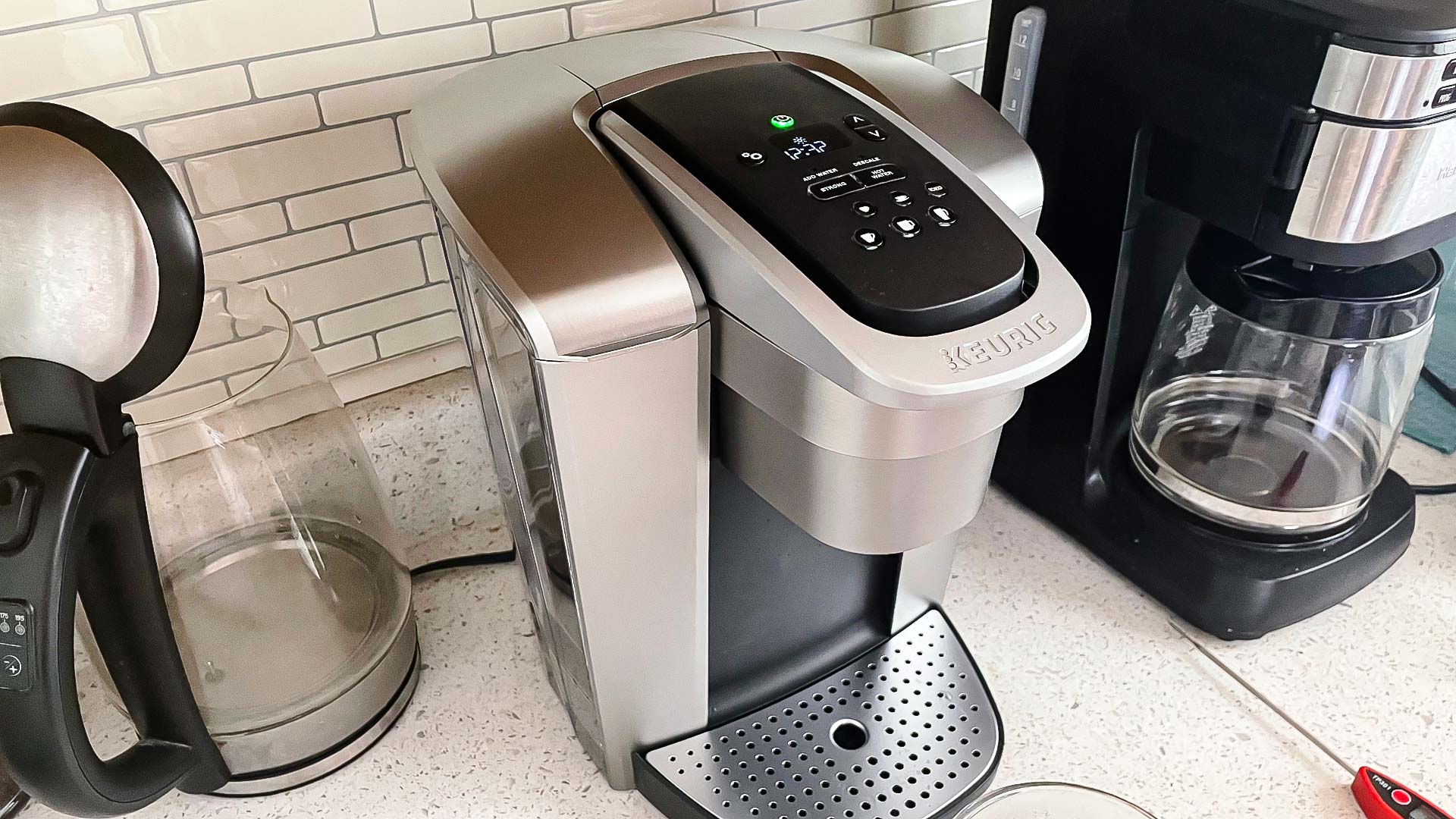
Best Keurig coffee maker in 2025
By Kevin Cortez Last updated
-

I use my induction cooktop for every meal, but there's one thing it just can't do
By Grace Dean Published
-

Ninja just dropped a new espresso machine, and it's even smarter than the Luxe Café
By Millie Fender Published
-

Air purifier vs. humidifier: Which should you buy?
By Catherine Hiles Published
-
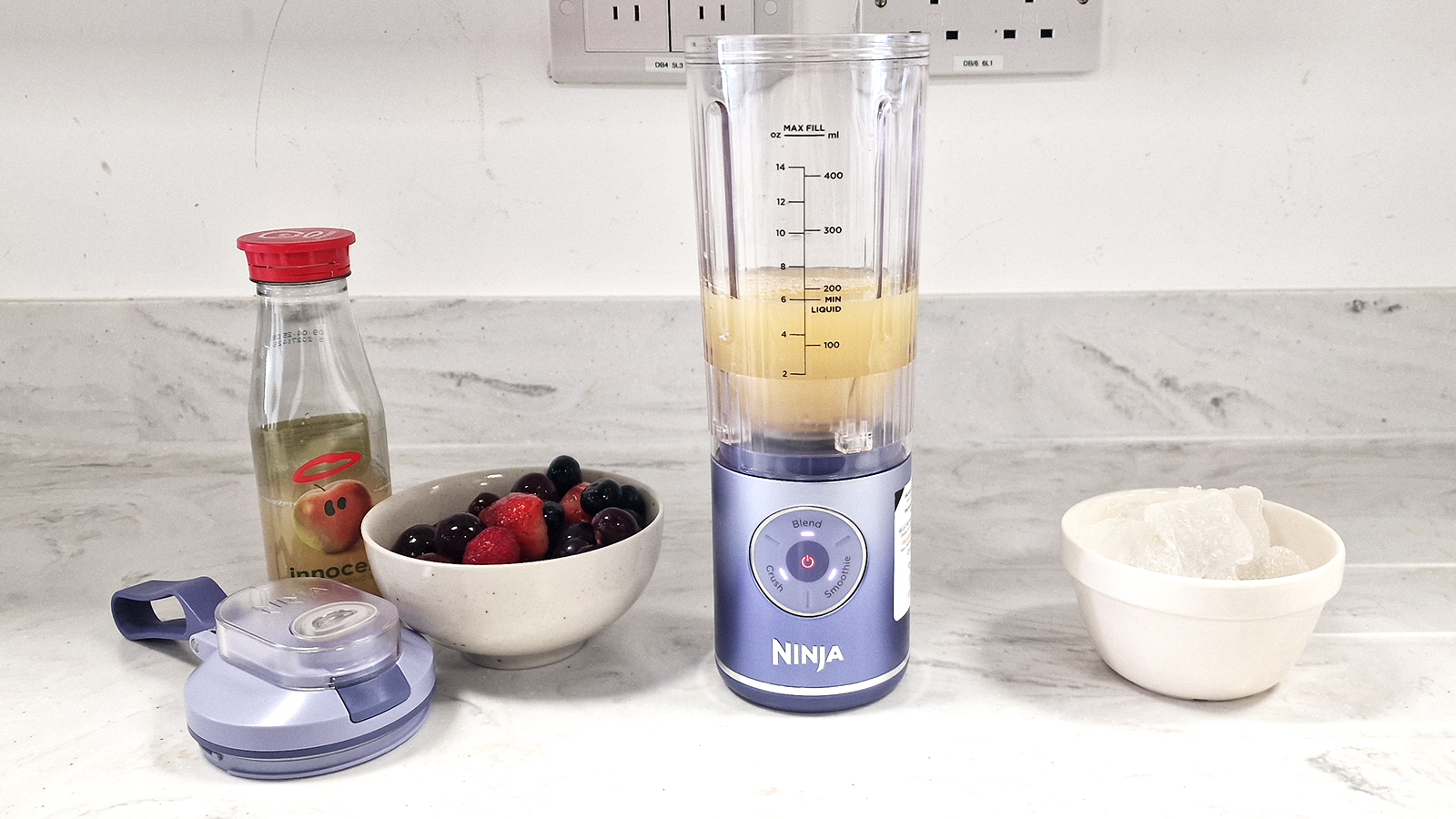
I made smoothies, shakes and pancake batter in Ninja's most powerful portable blender — here's my verdict
By Millie Fender Published
-
Home Office
-
-

I’ve been sitting in this ergonomic office chair for six months — and it’s done wonders for my posture
By Anthony Spadafora Published
-

I've spent the last 4 years testing the best standing desks — here's my top picks for your home office
By Anthony Spadafora Last updated
-

I tried an under-desk elliptical and it transformed my work day — here's how
By Anthony Spadafora Last updated
-
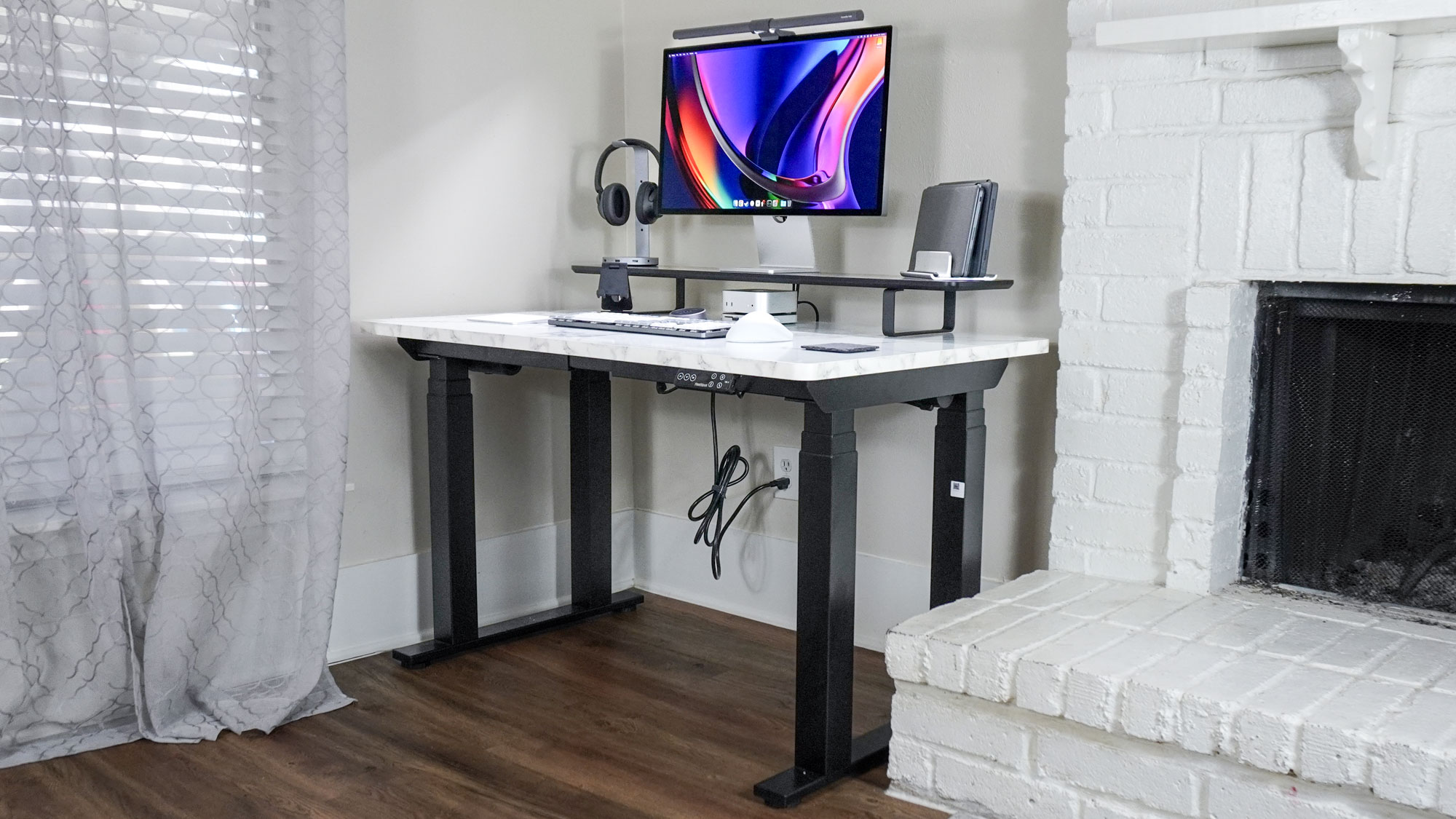
I’ve been testing this standing desk — and I can’t believe how sturdy and customizable it is
By Anthony Spadafora Last updated
-

I spent over 5,000 hours testing all the best office chairs — here are my top picks
By Anthony Spadafora Last updated
-

I thought the Steelcase Karman was perfect until I tried the high back version of this one-of-a-kind office chair
By Anthony Spadafora Published
-

Amazon Spring Sale — 9 last minute office chair and standing desk deals to build out your home office
By Anthony Spadafora Published
-

I tested this standing desk with touchscreen controls and built-in cable management for 2 months — and I’m in love
By Anthony Spadafora Last updated
-
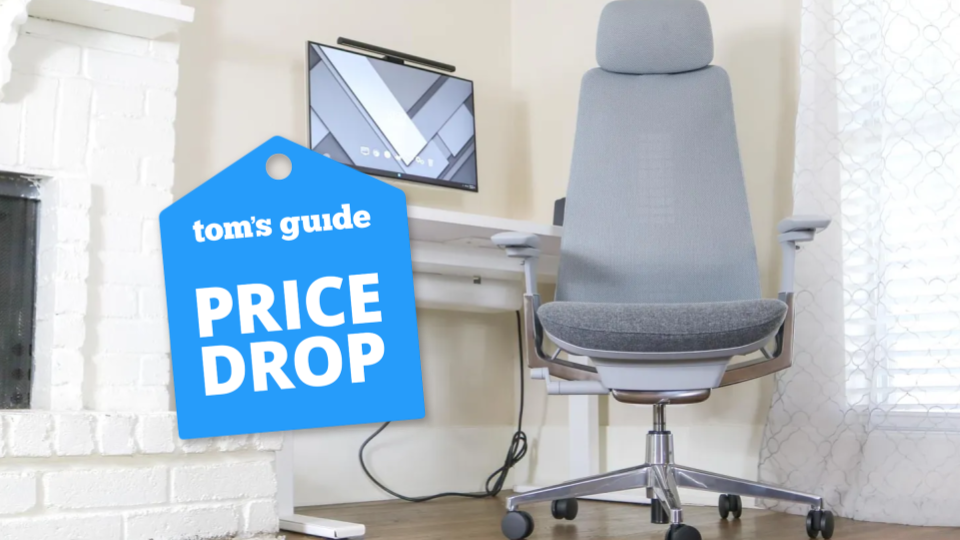
This office chair strikes the perfect balance of form and function — and it's almost $200 off on Amazon
By Adam Schram Published
-
Home Security
-
-
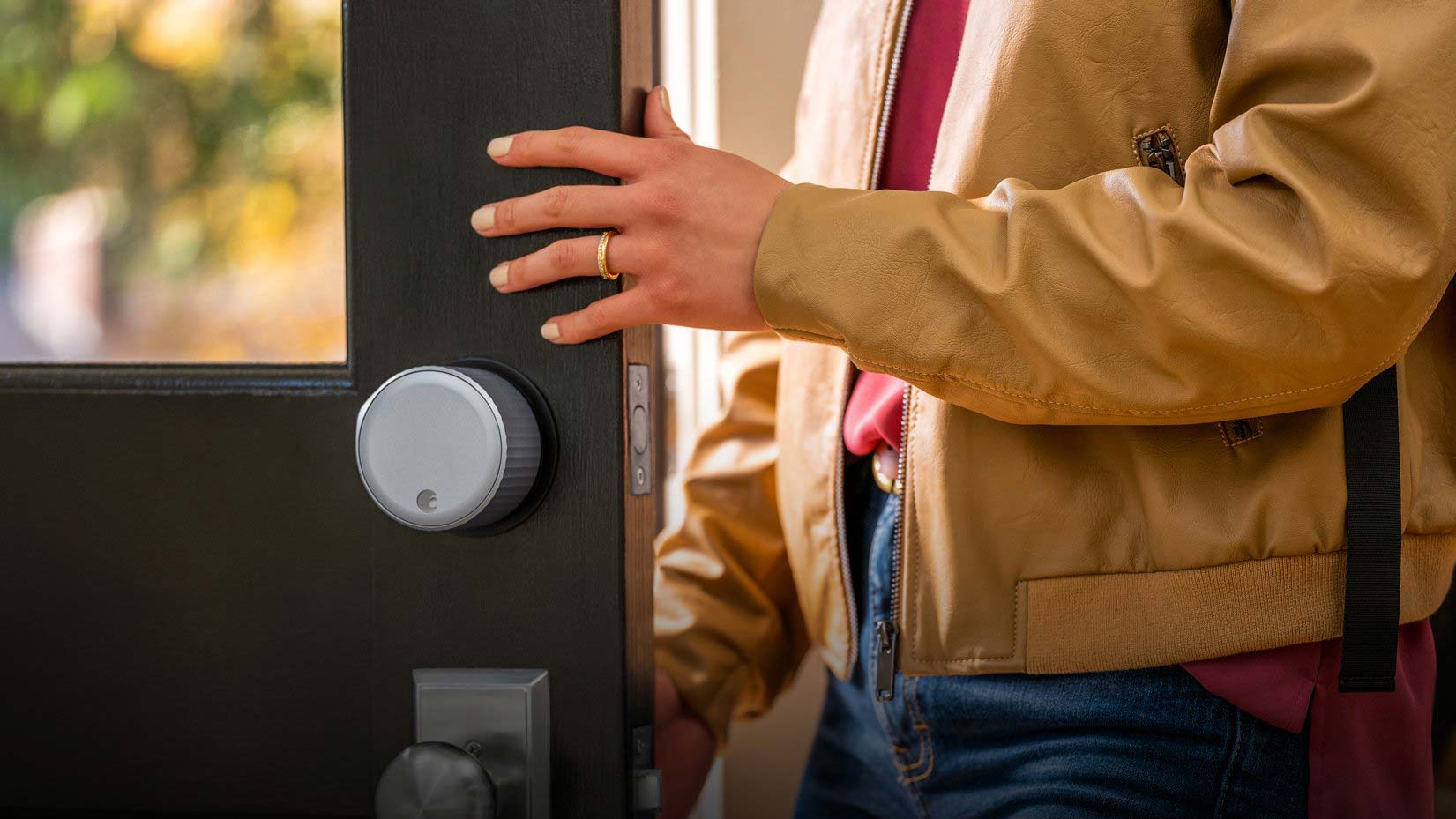
The best smart locks in 2025
By Mike Prospero Last updated
-

Arlo's cheapest home security cameras just got a big upgrade for Apple users
By Mike Prospero Published
-
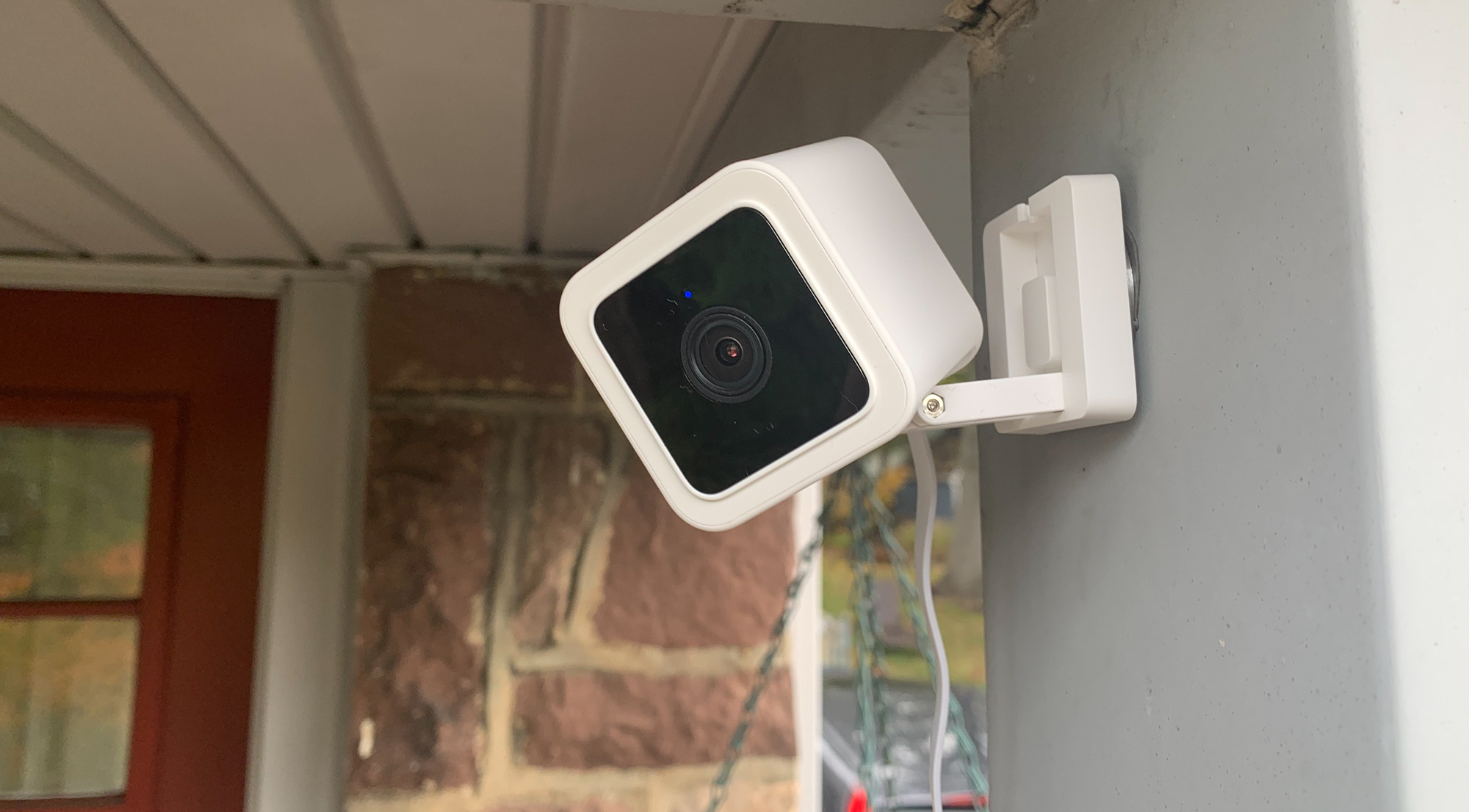
Wyze adds AI-powered filter to its security cameras to cut down on notifications that are “no big deal”
By Amber Bouman Published
-

I tried a physical panic button for 48 hours — and this tiny device already makes me feel safer
By Amber Bouman Published
-
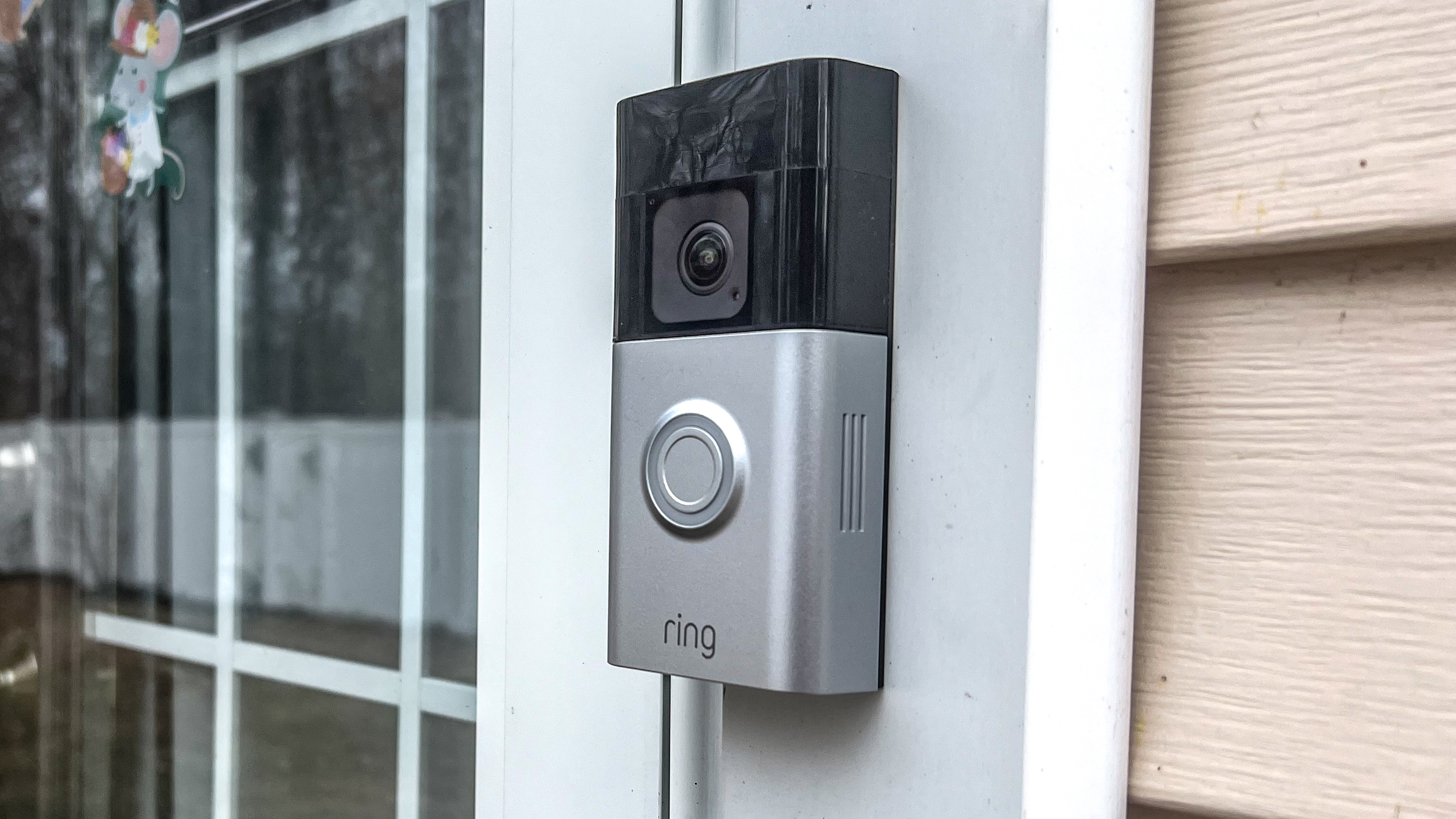
7 Ring video doorbell tips everyone needs to know
By Caroline Preece Last updated
-
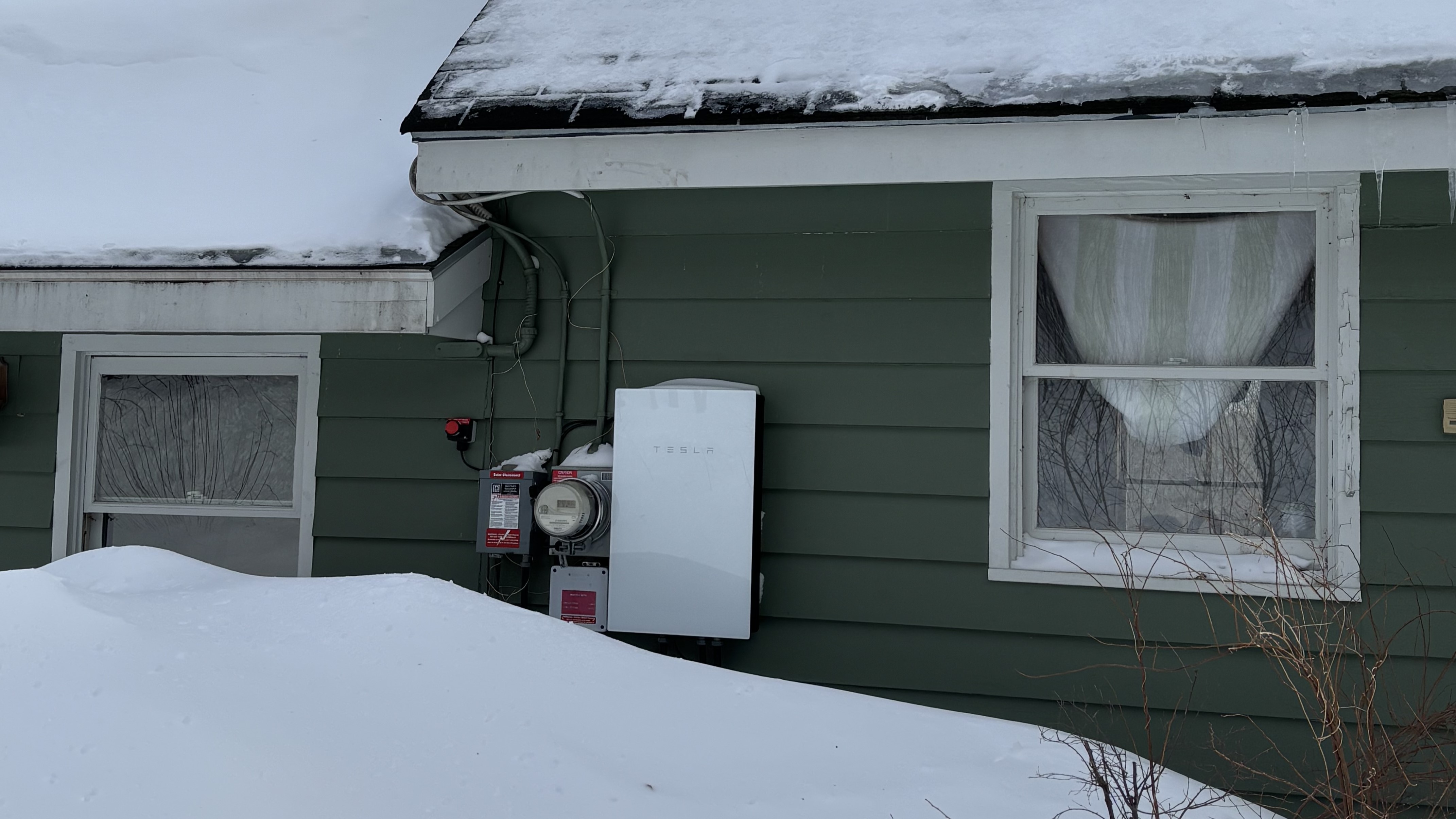
I deal with major snowstorms every winter and these Powerwall batteries are a game changer in my home
By Amber Bouman Published
-

EufyCam 2C Pro review
By Christian de Looper Published
-

Ring's new Outdoor Cam Plus security camera offers 2K video, better night vision
By Amber Bouman Published
-
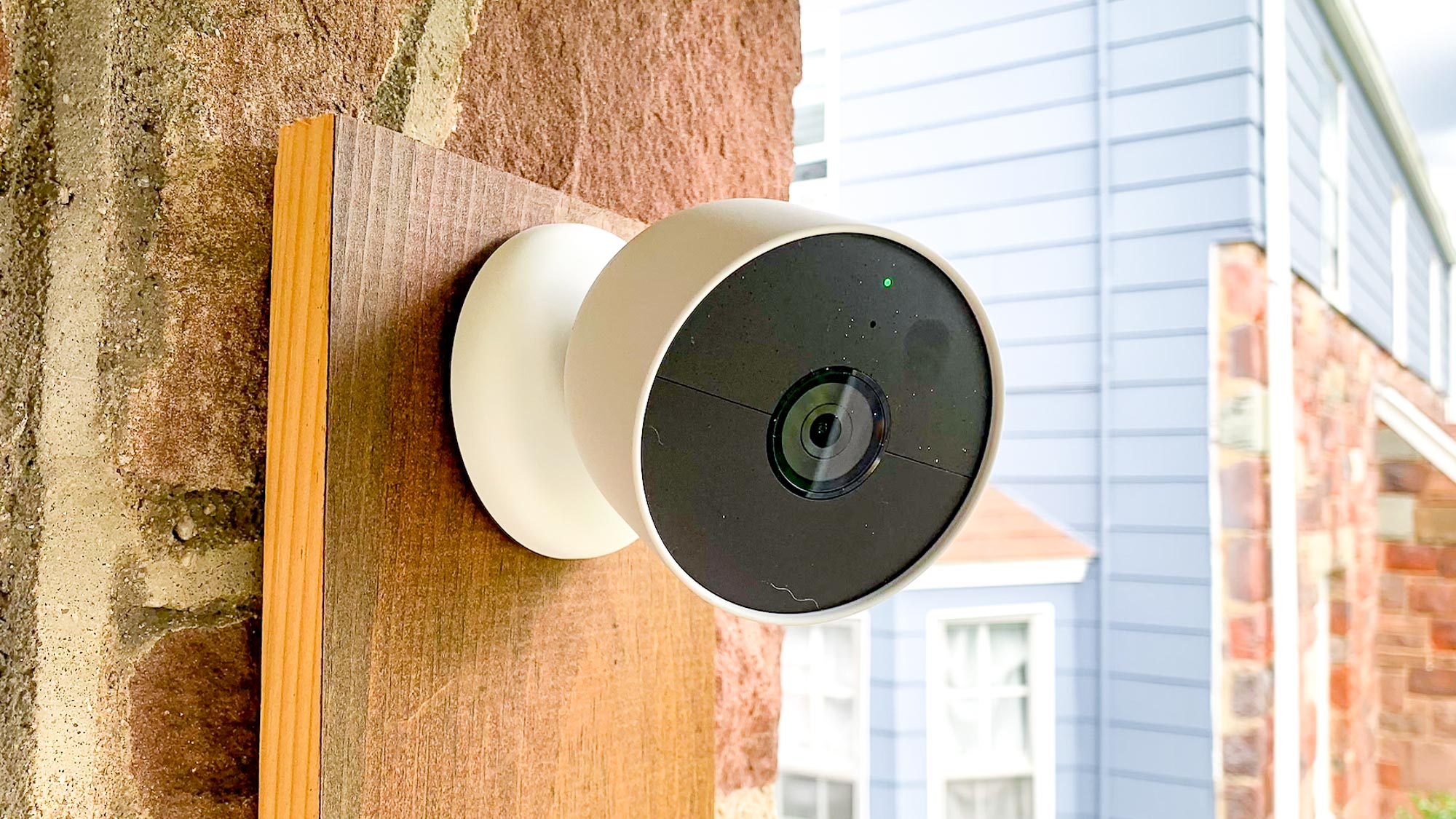
Best outdoor security cameras in 2025
By Mike Prospero Last updated
-
Outdoors
-
-

I'm a mom who loves gardening — here are 3 gifts I'd like to receive on Mother's Day
By Camilla Sharman Published
-

I rode this electric bike 40 miles through every borough in New York City — 5 things I learned
By Mike Prospero Published
-

The 7 best plants for neat yet low-maintenance hedges
By Madeleine Streets Published
-

I just spent a week with Brompton's latest folding bike — here's what I like and what I don’t
By Jeff Parsons Published
-

5 vegetable crops to grow in May for a homegrown harvest
By Camilla Sharman Published
-

5 colorful flowers to plant in May for a beautiful summer garden
By Camilla Sharman Published
-

Recteq's latest release could replace your pellet and your gas grill in one
By Grace Dean Published
-
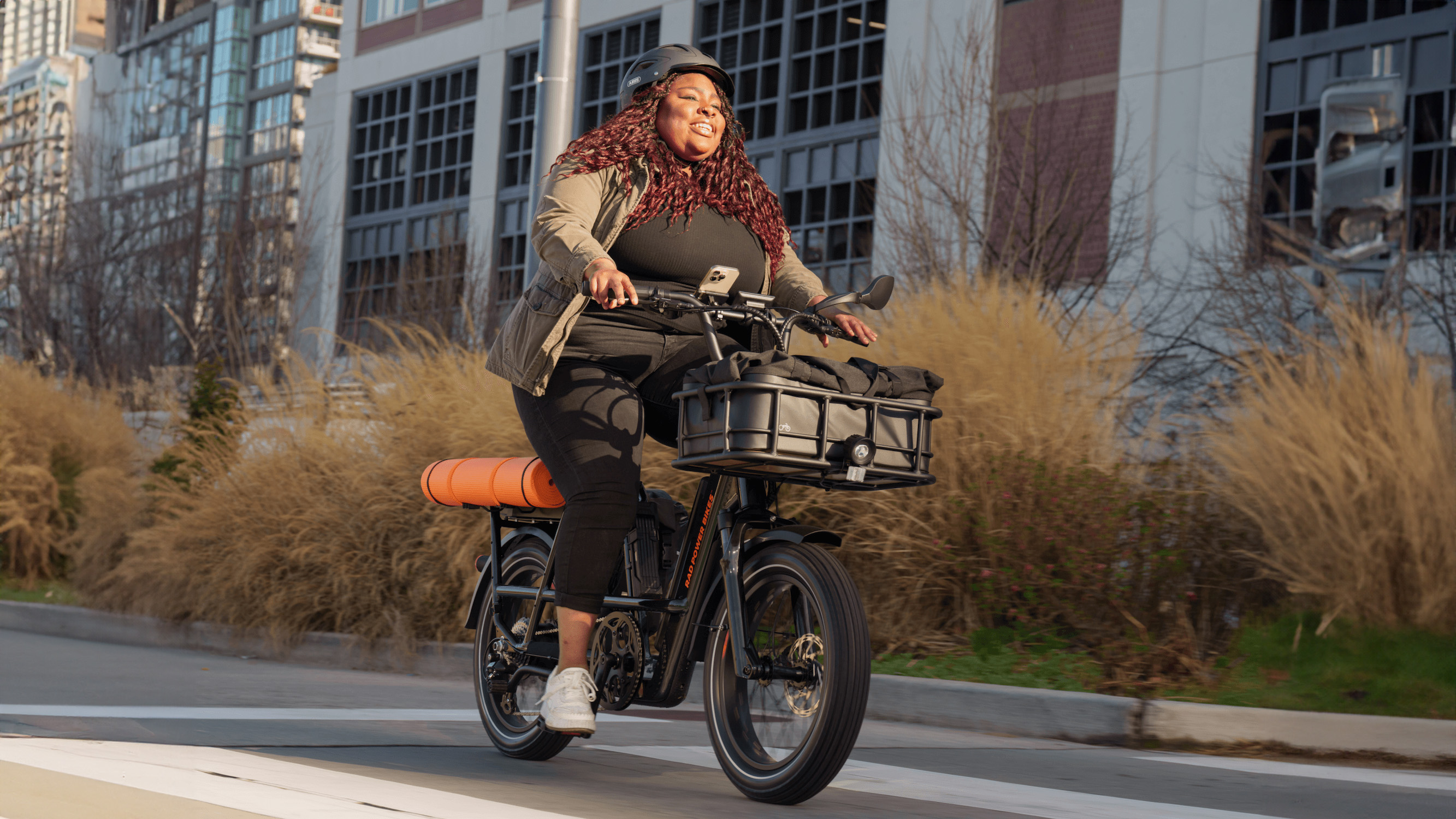
Rad Power is replacing its most popular electric bike — here's what's new
By Mike Prospero Published
-

Take a natural approach to pests: How to use diatomaceous earth to solve 7 garden problems
By Madeleine Streets Published
-
Smart Home
-
-
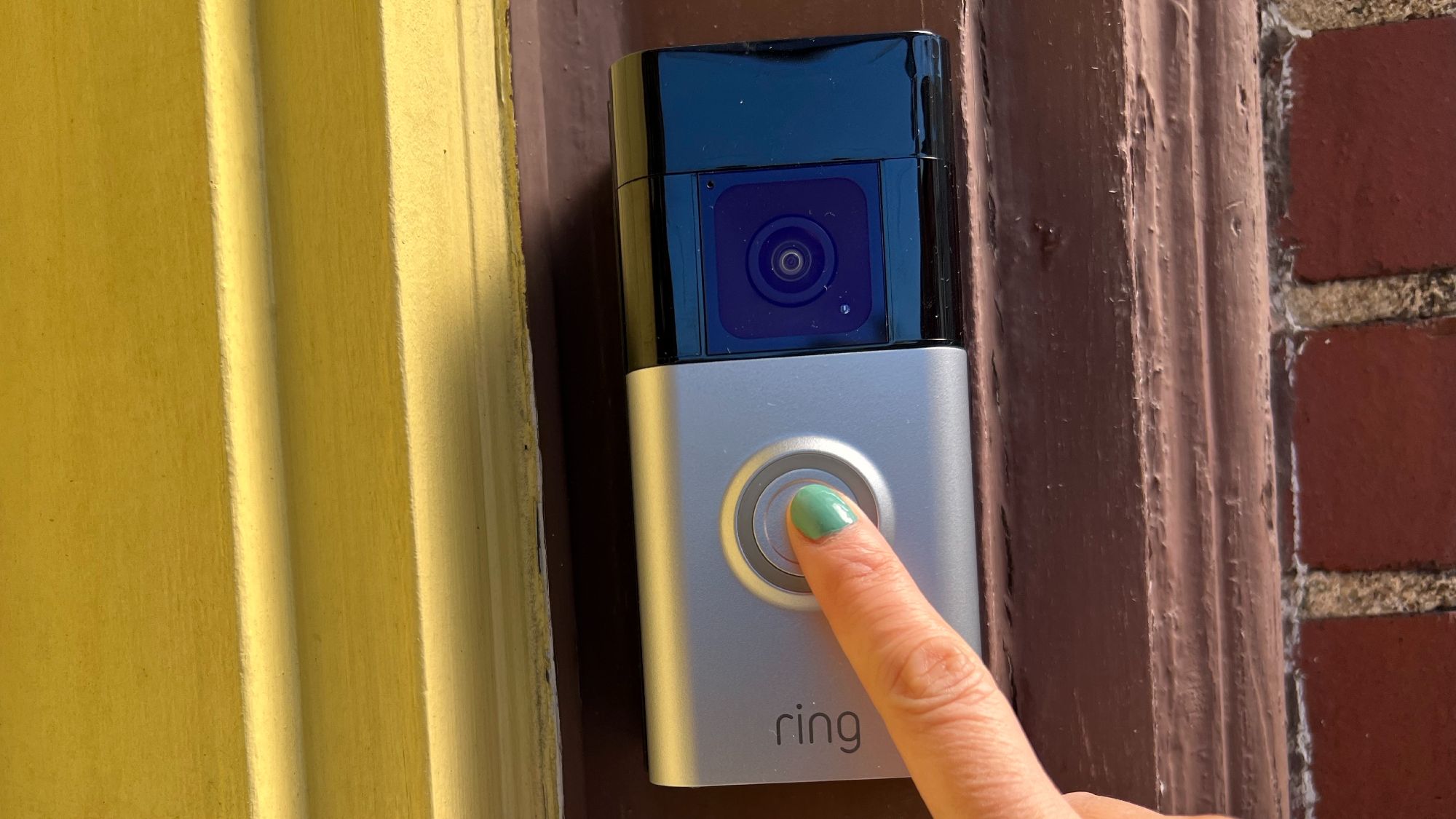
Best video doorbells in 2025: Ring, Nest, Arlo and more tested
By Mike Prospero Last updated
-

The best dehumidifiers in 2025
By Cynthia Lawrence Last updated
-

Best smart thermostats in 2025
By Mike Prospero Last updated
-

I’ve been using Google’s new Nest Learning Thermostat for 6 months — and these 3 features make the upgrade totally worth it
By Anthony Spadafora Last updated
-

Ecobee Smart Thermostat Essential review
By Christian de Looper Published
-
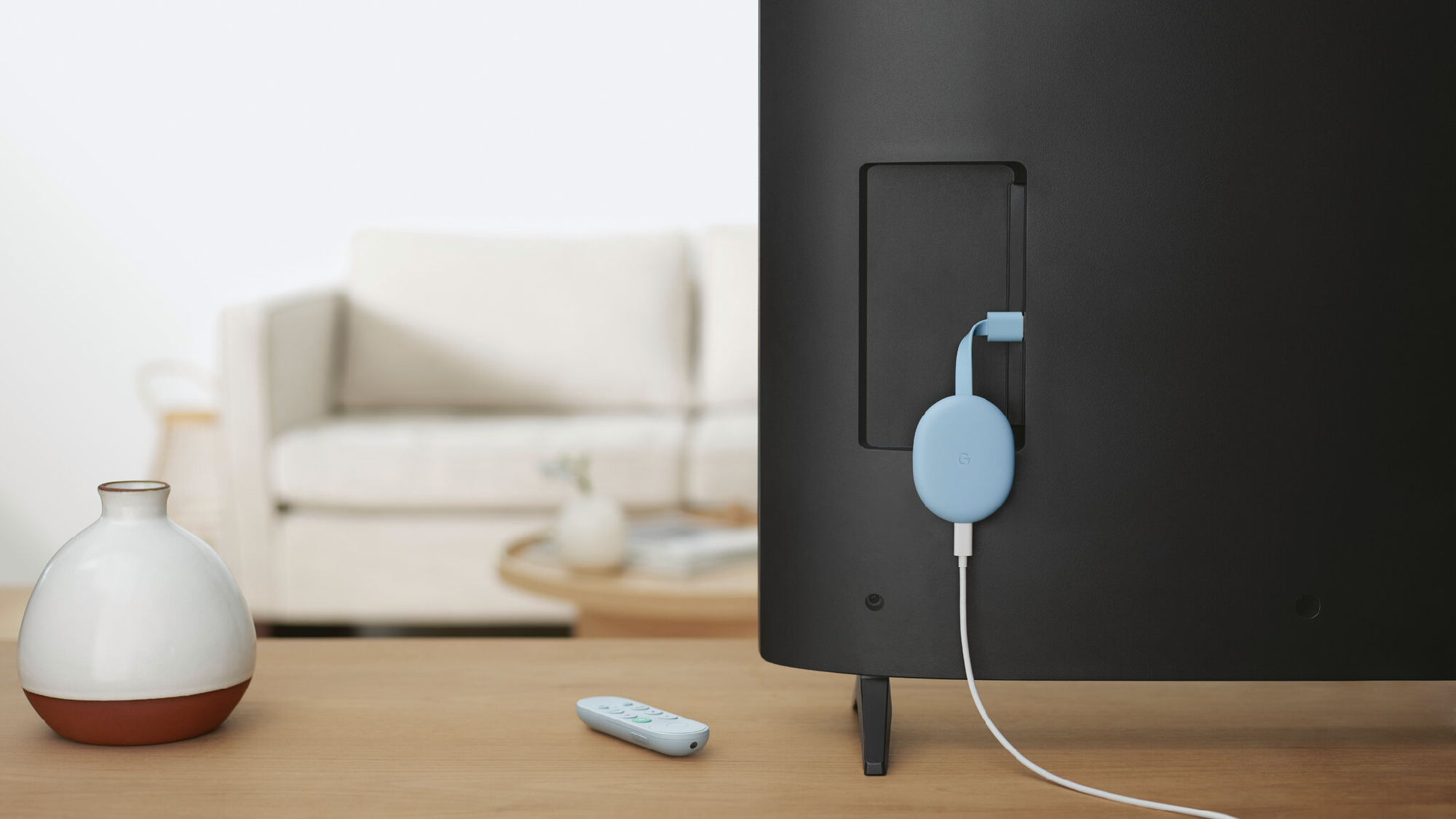
Chromecast with Google TV isn't dead yet — Google's older streaming dongle just got a massive upgrade
By Jeff Parsons Published
-
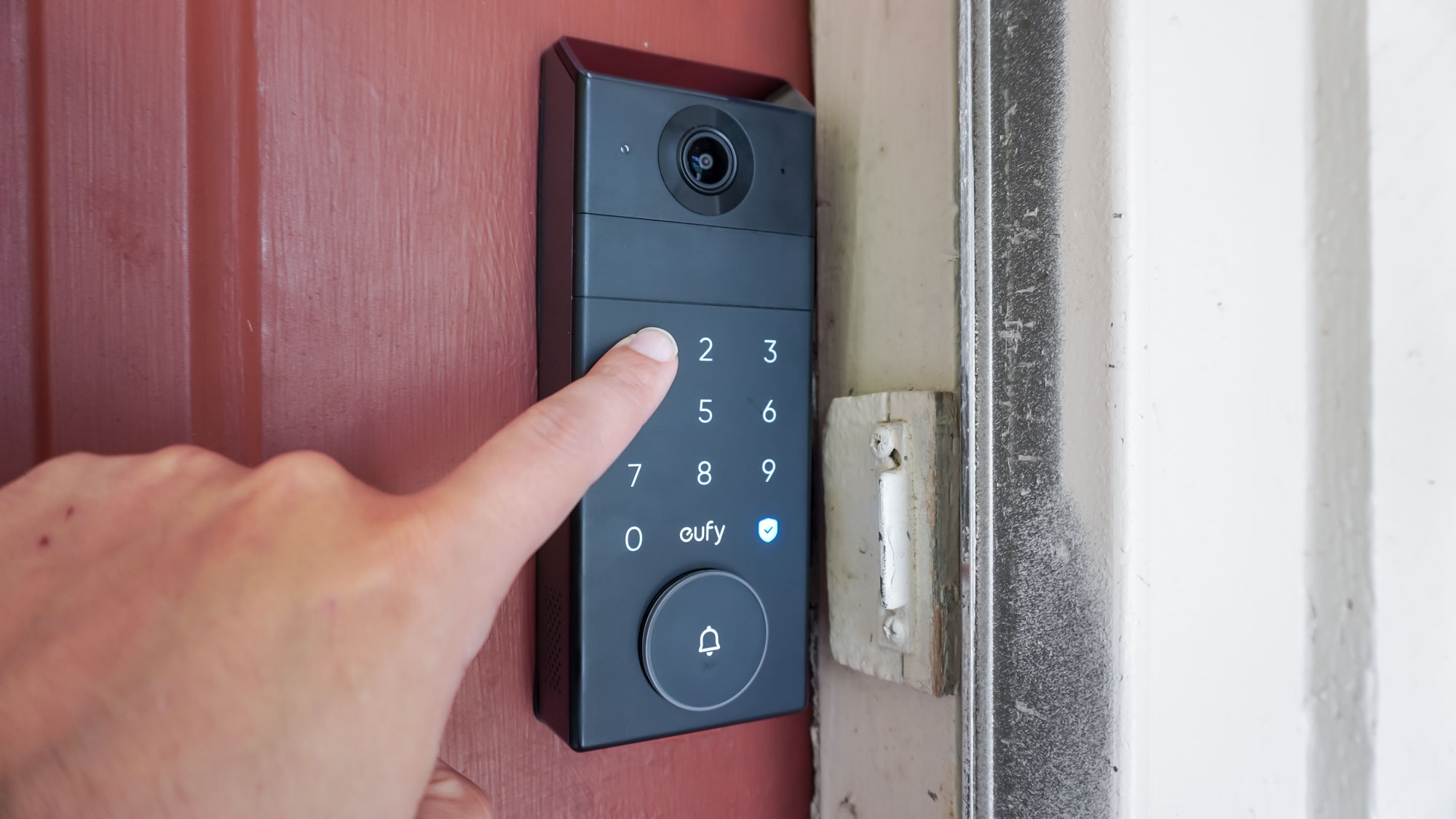
I just upgraded to a smart lock with built-in video doorbell camera — and it’s a game changer for my home
By Anthony Spadafora Last updated
-

Google is cutting off support for these older Nest Thermostats — what you need to know
By Scott Younker Published
-
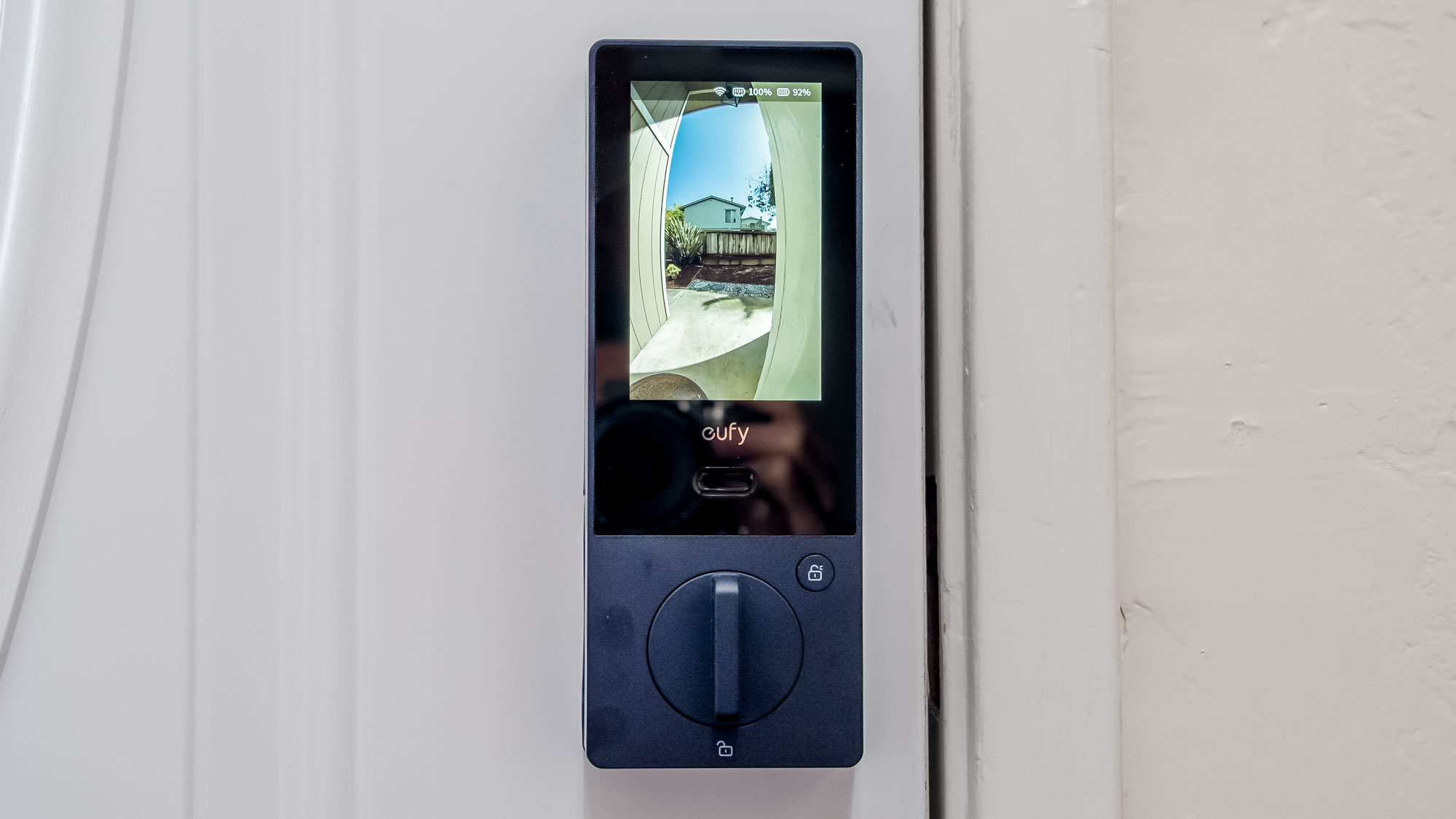
Eufy FamiLock S3 Max review: A smart lock and video doorbell in one
By Christian de Looper Published
-
